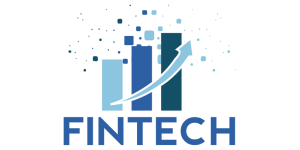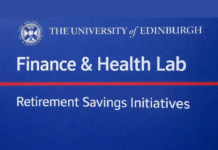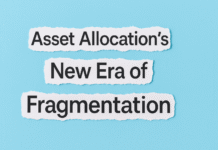FinTechs may realize that high-yield accounts offer high-yield payoffs in the present macroeconomic climate when rising interest rates make traditional funding sources more problematic.
This week, Affirm became the third participant to hike rates on its savings accounts, with an annual percentage yield (APY) of 1.5%, which is 11.5 times the national average.
The approach allows Affirm to broaden its reach outside its most visible offerings, offer buy now, pay later (BNPL) options, and develop new revenue streams.
Affirm’s move follows in the footsteps of other online banking providers that have boosted the APYs on savings accounts. The list includes Goldman Sachs, Chime, and other firms.
In terms of mechanics, Affirm accounts have no minimums or fees, and they are stored by an FDIC insured by the company’s partner bank, Cross River Bank, as stated in a blog post published on the Affirm website.
The shift also gives FinTechs (and other businesses) access to a very cheap source of capital. When deposits reach critical mass, having less costly money on hand might help to improve balance sheets and sustain operations. Simply, deposits help the banking system create loans.
However, interest income on point-of-sale (POS) loans can be in the mid-teens percentage points or more for BNPL providers.
High-yield savings accounts linked to Goldman’s digital Marcus bank, for example, allow traditional banks (Goldman) to cross-pollinate revenue streams as diverse as credit cards and investment commodities. The net interest margin can help finance these projects.
There is a desire to bring more deposit processing in-house. Because it is getting increasingly difficult to acquire institutional investors, FinTech lenders are backing more loans with deposits. These investors want higher loan interest rates but are hesitant owing to increased credit risk.
In another situation, LendingClub, which spent $185 million for Boston-based Radius Bank and its bank charter last year, is using bank deposits to back up further loans.
“You’ll be dependant on capital markets and fragmented funding if you don’t have the capacity to finance your own loans,” LendingClub Chief Financial Officer Tom Casey stated. “It’s never easy to predict the price at which you can sell your debts.”











